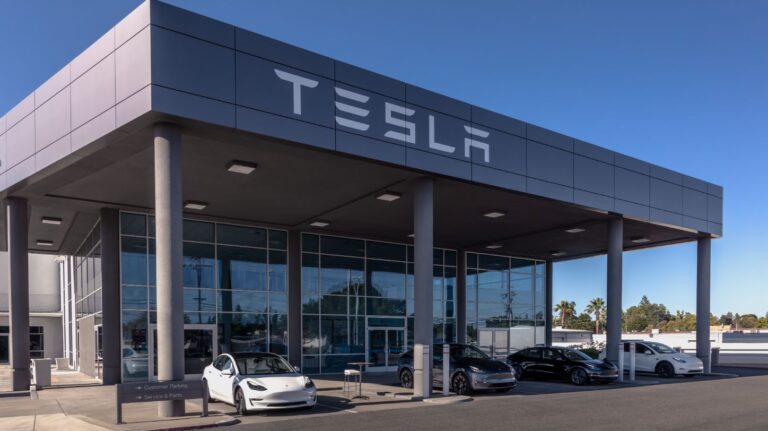As concerns grow over security and resilience in international supply chains, Tesla has told its suppliers to start building components and parts outside of both China and Taiwan by as early as next year – that’s according to reports from Nikkei Asia.
It has been reported that six supply chain executives confirmed that suppliers of components such as printed circuit boards, displays and electronic control unit systems for models sold outside of China have been asked to look outside of the Greater China region when it comes to manufacturing.
The request cited rising geopolitical tension and the risks associated with this tension as the reason for such action. As the US presidential election draws closer, the trade relationship between the US and China continues to be under the spotlight.
In March 2024, Logistics Manager reported that Republican candidate and former president Donald Trump’s stance on increasing tariffs on the import of goods from China has already prompted global logistics companies to plan ahead and reduce their reliance on Chinese manufacturing.
Current US president Joe Biden has also made his stance on trade with China clear, announcing action to “protect American workers and businesses from China’s unfair trade practices”.
Biden said: “American workers and businesses can outcompete anyone – as long as they have fair competition. But for too long, China’s government has used unfair, non-market practices. China’s forced technology transfers and intellectual property theft have contributed to its control of 70-90% of global production for the critical inputs necessary for our technologies, infrastructure, energy, and health care – creating unacceptable risks to America’s supply chains and economic security.
“Furthermore, these same non-market policies and practices contribute to China’s growing overcapacity and export surges that threaten to significantly harm American workers, businesses, and communities.”
His comments came as the Biden-Harris administration announced increases in tariffs on the import of goods such as semiconductors, electric vehicles, batteries, solar cells, cranes and medical products.
Tesla’s recent request to suppliers isn’t the first action the company has taken in response to tense US-China relations. In February 2024, it was announced that Tesla was reportedly planning to expand its gigafactory in Sparks, Nevada with the opening of a new facility dedicated to battery production. An unnamed source told Bloomberg News that this was part of a broader effort to onshore the supply chain for lithium iron phosphate (LFP) cells in the US.
This follows the news earlier this month that Apple CEO Tim Cook had visited Vietnam and Indonesia as the company reportedly explores ways to reduce its supply chain’s reliance on Chinese manufacturing.







